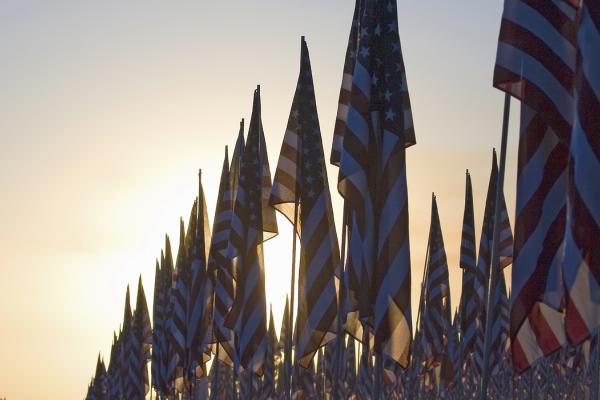Sep 15, 2016
In a spirit of remembrance of the terrible events of Sept.11, 2001, as well as the policies that came afterward leading to endless wars, I want to call your attention to a statement that Sojourners put together in the immediate aftermath of the attacks, entitled "Deny Them Their Victory.” This document was developed in consultation with Jewish, Muslim, and Christian clergy, and the breadth of participation has made it an extensively inclusive religious statement, with more than 3,900 signers. Its insights feel just as true today as they were then. Now 15 years on, it is worth reflecting on the ways we have succeeded in living up to the values stated below, as well the ways we have failed to do so.
Read the Full Article

Already a subscriber? Login
